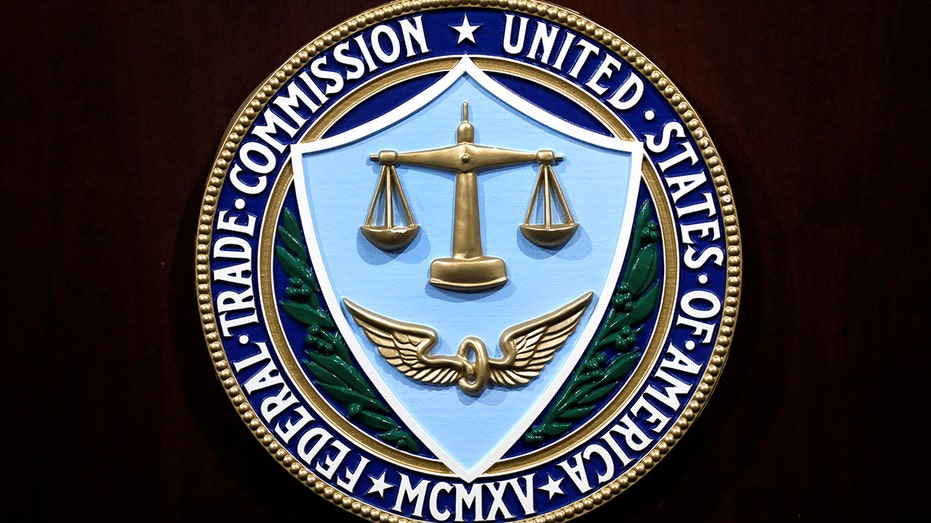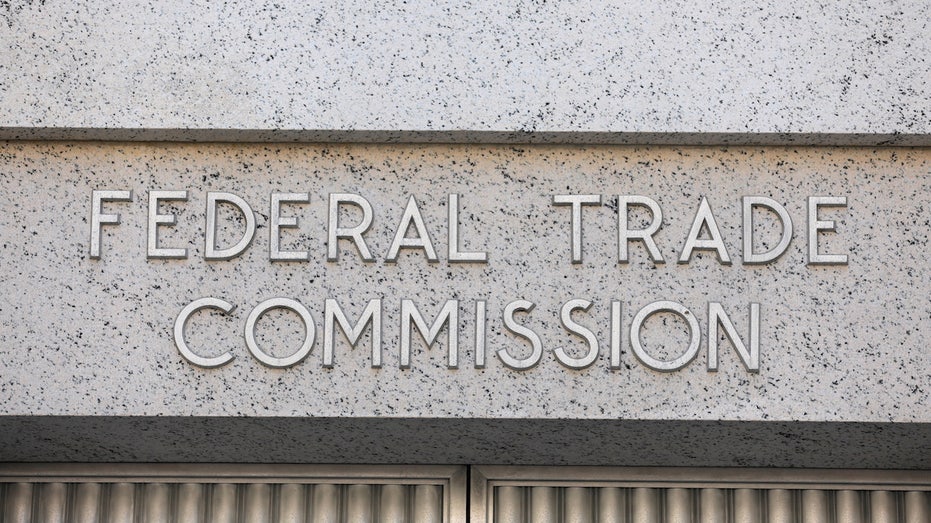FTC puts for-profit colleges 'on notice' for false promises over job prospects
The commission is citing deceptive practices as a reason for the crackdown
The Federal Trade Commission is cracking down on for-profit education, citing deceptive practices.
The FTC put a total of 70 for-profit higher education institutions "on notice," saying that the agency won’t tolerate false promises about graduates’ job and earnings prospects and will impose "significant financial penalties" on violators.
"For too long, unscrupulous for-profit schools have preyed on students with impunity, facing no penalties when they defraud their students and drive them into debt," FTC Chair Lina M. Khan said in a statement.

The U.S. Federal Trade Commission seal is seen at a news conference at FTC Headquarters in Washington, U.S. on July 24, 2019. (REUTERS/Yuri Gripas/File Photo) (REUTERS/Yuri Gripas/File Photo / Reuters Photos)
LONGER STUDENT LOAN FORBEARANCE IS NEEDED, 40% OF BORROWERS SAY IN SURVEY
The agency said it is resurrecting its Penalty Offense Authority, found in Section 5 of the FTC Act to make sure that bad actors pay a price.
The list represents "the largest for-profit colleges and vocational schools across the country," the FTC said, adding, "The companies operating these colleges will be on notice that they could incur significant sanctions for engaging in certain unlawful practices.
The practices cited in the notice could lead to civil penalties of up to $43,792 per violation.
The Commission said the "broad-based initiative" is the first use of its Penalty Offense Authority to protect students and their families.
The Authority allows the agency to seek civil penalties against a company that engages in conduct that it knows has been found unlawful in a previous FTC administrative order, other than a consent order, the Commission said.
Complaints to the FTC around education-related issues surged 70% between 2018 and 2020.
"Many of the practices outlined in the Notice relate to claims made by institutions about the career outcomes of their graduates, including whether a particular career field is in demand, the percentage of graduates who get jobs in their chosen field, whether the institution can help a graduate get a job, the amount of money a graduate can expect to earn and other related practices," the FTC said.

Signage is seen at the Federal Trade Commission headquarters in Washington, D.C., U.S. on August 29, 2020. (REUTERS/Andrew Kelly/File Photo) (REUTERS/Andrew Kelly/File Photo / Reuters Photos)
CLICK HERE TO READ MORE ON FOX BUSINESS
"It’s no surprise that being ripped off by a for-profit college impacts more than just the student who attends. A student borrower’s unpayable debts affect their whole family," the Harvard Law School (HLS) Clinical and Pro Bono Programs said in a June blog post.
The post, titled "Student loan truth: for-profit colleges aren’t just out to scam students. they’re scamming their parents, too," said that certain for-profit schools "notoriously use predatory targeting practices to sell their scams to low-income households, relying on federal financial aid dollars to make money."
The post cited a for-profit institution that pushed students to take out more loans. "These institutions thrive by making the process intentionally confusing. By drowning students in paperwork and capitalizing on their fear of losing their chance at a degree," according to the HLS post.

Rear view of the university graduates line up for degree award in the university graduation ceremony. The FTC say it won't tolerate false promises of salary or jobs for graduates. (iStock) (iStock / iStock)
GET FOX BUSINESS ON THE GO BY CLICKING HERE
The FTC said it will work closely with state and federal partners and be monitoring the market carefully.
The Commission provides a link to the list of institutions that are the recipients of the FTC’s Notice of Penalty Offenses. "The fact that a school is on this list is NOT an indication that it has done anything wrong," the FTC added.




















